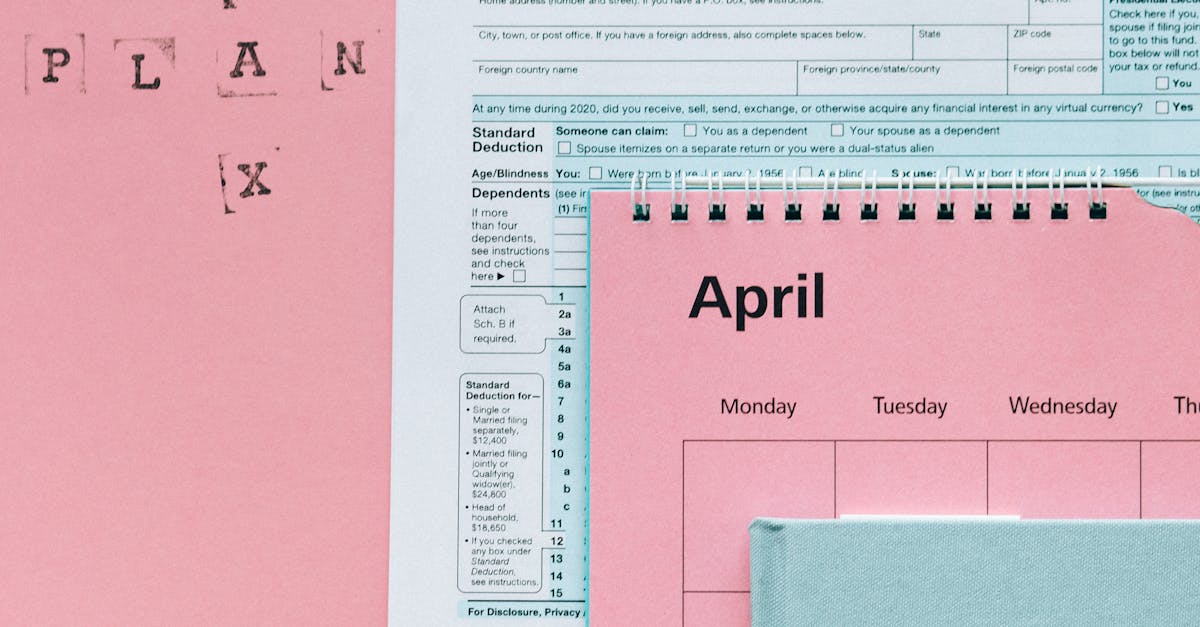
Tax Planning for Compliance
Tax planning and compliance go hand in hand for individuals and businesses in Los Angeles, California. Understanding tax requirements and strategically planning for compliance are essential to ensure financial stability and avoid legal implications. Deductions and credits play a crucial role in tax planning for compliance, allowing taxpayers to maximize their savings while adhering to the established regulations. By leveraging these opportunities, individuals and businesses can enhance their financial outlook and reduce their tax liabilities within the framework of the law.
In the modern landscape, technology has revolutionized tax planning for compliance in Los Angeles, California. Automation and software solutions provide efficient tools for organizing financial information, tracking deductions, and ensuring accurate reporting. Embracing these technological advancements not only streamlines the tax compliance process but also minimizes the risk of errors or oversights. By incorporating these digital tools into their tax planning strategies, individuals and businesses can navigate the complexities of tax regulations with greater ease and confidence.
Maximizing Deductions and Credits
Maximizing deductions and credits is a crucial aspect of tax planning and compliance in Los Angeles, California. Ensuring that you are taking advantage of all available deductions and credits can significantly reduce your tax liability. It is important to keep detailed records of expenses that may qualify for deductions, such as business expenses, medical expenses, and charitable contributions. Additionally, staying informed about the various tax credits available, such as the Earned Income Tax Credit or the Child Tax Credit, can further decrease the amount of tax you owe.
Tax planning and compliance in Los Angeles, California require a strategic approach to maximizing deductions and credits. Utilizing tax planning tools and software can help identify opportunities for deductions and credits that may otherwise be overlooked. Consulting with a tax professional can also provide valuable insights into potential deductions and credits that align with your specific financial circumstances. Overall, a proactive approach to maximizing deductions and credits can result in substantial tax savings and ensure compliance with tax regulations.
Role of Technology in Tax Compliance
Tax Planning and Compliance Los Angeles, California
In the ever-evolving landscape of tax compliance, technology plays a pivotal role in ensuring accuracy and efficiency. Automation tools and software solutions have become crucial for individuals and businesses alike to navigate the complex tax environment. By leveraging technology, taxpayers can streamline processes such as record-keeping, data analysis, and submission of tax returns. These tools not only save time but also reduce the margin of error, ultimately leading to better compliance with tax laws and regulations.
Furthermore, technology enables taxpayers to stay updated with the latest regulatory changes in tax laws. Through online platforms and software solutions, individuals can access a wealth of resources and information provided by tax authorities. This accessibility empowers taxpayers to make informed decisions regarding their tax planning strategies and ensures that they are well-equipped to fulfill their compliance obligations accurately and efficiently.
Automation and Software Solutions
Automation and software solutions play a pivotal role in enhancing tax compliance processes for individuals and businesses. By utilizing automated tools, taxpayers can streamline their record-keeping, ensure accurate calculations, and facilitate timely submissions of tax returns. These technologies not only save time and effort but also reduce the likelihood of errors that could lead to non-compliance issues. In Tax Planning and Compliance Los Angeles, California, the adoption of such digital solutions has become increasingly prevalent as taxpayers seek efficient ways to meet their tax obligations and minimize the risk of penalties.
Furthermore, software solutions offer functionalities that can assist in tax planning strategies, such as forecasting tax liabilities and identifying potential deductions and credits. Through the use of these tools, individuals and businesses can optimize their financial decisions to ensure compliance with tax laws while maximizing their tax savings. The integration of technology in tax compliance processes has revolutionized the way taxpayers approach their obligations, allowing for greater accuracy, transparency, and efficiency in fulfilling their tax responsibilities in Tax Planning and Compliance Los Angeles, California.
Regulatory Framework for Tax Compliance
The regulatory framework for tax compliance in the United States is a critical component that taxpayers must navigate diligently to avoid legal ramifications. IRS guidelines and regulations govern various aspects of tax compliance to ensure that individuals and businesses adhere to tax laws. Understanding and following these regulations is essential to maintaining a compliant tax posture. For taxpayers in Los Angeles, California, staying informed about the latest updates and requirements set forth by the IRS is crucial for achieving tax planning and compliance.
In today's digital age, technology plays a significant role in aiding tax compliance efforts. Automation and software solutions have streamlined many tax-related processes, making it easier for taxpayers to track relevant information and meet their compliance requirements efficiently. Leveraging technology can help individuals and businesses in Los Angeles, California, simplify their tax planning and compliance tasks, reducing the likelihood of errors and oversights that could lead to penalties or audits.
IRS Guidelines and Regulations
IRS guidelines and regulations play a crucial role in ensuring tax compliance for individuals and businesses. These guidelines are designed to provide clarity on tax laws and regulations to ensure accurate reporting and payment of taxes. In Tax Planning and Compliance Los Angeles, California, taxpayers are expected to adhere to the IRS guidelines to avoid penalties and legal repercussions.
IRS regulations cover various aspects of taxation, including income tax, deductions, credits, and reporting requirements. It is essential for taxpayers to stay informed about the latest updates and changes in IRS guidelines to accurately comply with the tax laws. Failure to comply with IRS regulations can result in fines, penalties, and even legal action. Therefore, taxpayers in Los Angeles, California must make efforts to understand and follow the IRS guidelines to maintain tax compliance and avoid potential consequences.
FAQS
What is tax compliance?
Tax compliance refers to the act of following all rules and regulations set forth by the government regarding the filing and payment of taxes.
How can tax planning help with compliance?
Tax planning involves strategizing to minimize tax liability while remaining compliant with tax laws. By planning ahead, individuals and businesses can ensure they are meeting their tax obligations while taking advantage of deductions and credits.
What role does technology play in tax compliance?
Technology plays a significant role in tax compliance by streamlining processes, automating calculations, and ensuring accuracy in tax filings. Utilizing automation and software solutions can help individuals and businesses stay organized and compliant with tax laws.
What is the regulatory framework for tax compliance?
The regulatory framework for tax compliance includes guidelines and regulations set by the Internal Revenue Service (IRS) and other governing bodies. It is essential for taxpayers to stay informed about these regulations to ensure they are meeting their tax obligations.
How can taxpayers maximize deductions and credits while maintaining compliance?
Taxpayers can maximize deductions and credits by keeping detailed records, staying informed about tax law changes, and seeking professional advice when needed. By leveraging available deductions and credits, taxpayers can reduce their tax liability while remaining compliant with tax laws.






